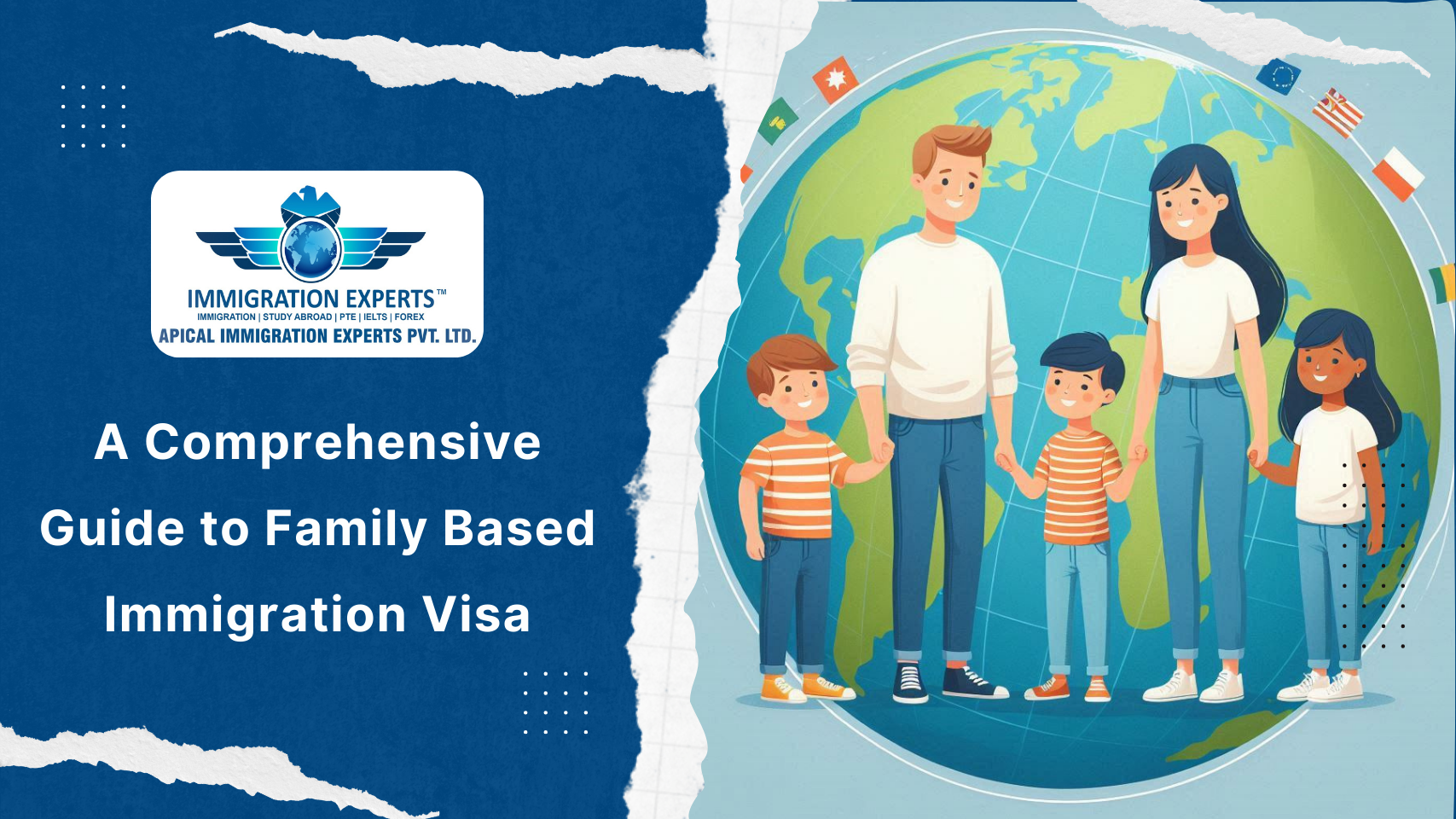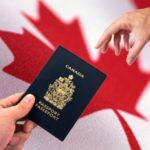Family is the cornerstone of our lives. The ability to reunite with loved ones across borders is a privilege many seek, and family-based immigration visas provide exactly that.
Whether you’re looking to sponsor a spouse, children, or other eligible family members, understanding the process, eligibility, and timelines is crucial.
This guide offers a detailed overview, practical tips, and insights to help you navigate family-based immigration successfully.
What Is a Family-Based Immigration Visa?
A family-based immigration visa allows a foreign national to live in a country based on their familial relationship with a citizen or permanent resident. These visas aim to keep families together, ensuring that individuals can maintain close ties with their loved ones.
In most countries, family-based visas fall into two main categories:
- Immediate Relative Visas: These are for close relatives of citizens, such as spouses, unmarried children under 21, and parents. They usually have shorter waiting periods and are not subject to annual caps.
- Family Preference Visas: These cover other relatives like adult children, siblings, or married children. These visas often have longer waiting times due to annual limits.
Eligibility Criteria for Family-Based Immigration
Eligibility varies depending on the type of visa and the country’s immigration policies. However, the general requirements usually include:
Recommended Read: How The 189 Visa Points Calculator Helps Determine Your PR Eligibility?
- Sponsorship: A citizen or permanent resident must act as a sponsor, proving their ability to financially support the applicant.
- Relationship Proof: Official documents such as birth certificates, marriage certificates, and adoption papers must establish the claimed relationship.
- Good Moral Character: Both sponsor and applicant may need to demonstrate good moral standing.
- Health Requirements: Some countries require medical examinations to ensure applicants do not pose public health risks.
It’s essential to review the specific requirements of the country you are applying to, as the rules may vary.
Step-by-Step Family-Based Immigration Process
While each country has its own system, the process usually follows these stages:
-
Petition Filing
The first step is for the sponsor to submit a petition with immigration authorities. This petition proves the familial relationship and the sponsor’s eligibility.
-
Application Review
Immigration authorities review the petition and may request additional documents or evidence. A thorough and accurate submission can significantly reduce delays.
-
Visa Availability
For family preference visas, applicants must wait for a visa to become available. Immediate relative visas generally bypass this waiting period.
-
Consular Processing or Adjustment of Status
Applicants outside the country will undergo consular processing, attending interviews at embassies or consulates. Those already residing in the country may apply for adjustment of status to become permanent residents.
-
Final Approval and Green Card Issuance
Upon approval, applicants receive permanent residency or a green card, allowing them to live and work in the country legally.
Common Challenges and How to Overcome Them
Family-based immigration can be complex, and applicants often face challenges such as:
- Incomplete Documentation: Missing or inconsistent documents are a common cause of delays. Keep all paperwork organized and double-check for accuracy.
- Long Waiting Periods: For certain family preference categories, waiting times can stretch over years. Monitoring visa bulletins and staying in touch with immigration authorities is essential.
- Financial Sponsorship Issues: Sponsors must meet income requirements to prove they can support their relatives. If the sponsor does not meet the threshold, co-sponsors may help.
By anticipating these hurdles, applicants can prepare thoroughly and avoid unnecessary setbacks.
Tips for a Smooth Family-Based Immigration Journey
- Start Early: Immigration processes can take months or even years. Early preparation helps prevent last-minute stress.
- Maintain Honest Communication: Always provide accurate information. Misrepresentation can lead to visa denial or future complications.
- Seek Professional Guidance: Immigration laws are intricate. Consulting a qualified immigration attorney or accredited consultant can ensure your case is handled correctly.
- Track Your Application: Many immigration departments offer online tracking tools to monitor your application status.
Benefits of Family-Based Immigration
Family-based immigration is more than just a visa—it strengthens family bonds and provides social and economic stability. Key benefits include:
- Reuniting Families: The most significant benefit is living with your loved ones.
- Work and Education Opportunities: Many family-based visas allow applicants to work or study legally in the host country.
- Pathway to Citizenship: Permanent residency often leads to citizenship eligibility after meeting specific residency requirements.
Final Thoughts:
Navigating family-based immigration can feel overwhelming, but understanding the process and preparing adequately can make the journey smoother. From establishing eligibility to managing document submissions and interviews, being organized and proactive is key. Remember, this visa isn’t just paperwork—it’s a bridge that reunites families and creates opportunities for growth and security.
If you are considering applying for a family-based immigration visa, take time to plan, gather all necessary documentation, and consider professional guidance. Every step you take brings you closer to reuniting with your loved ones and building a shared future abroad.
Email: info@immigrationxperts.com
Call us: +91-9999467686, +91-8447-696555
Frequently Asked Questions About Family-Based Immigration Visa
1. What is a family-based immigration visa?
A family-based immigration visa allows a foreign national to live in a country based on their relationship with a citizen or permanent resident. It helps reunite close family members like spouses, children, or parents.
2. Who can sponsor a family member for immigration?
Typically, citizens or permanent residents can sponsor eligible relatives. Sponsors must meet financial requirements and prove their ability to support the applicant.
3. How long does it take to get a family-based visa?
Processing time varies by visa type and country. Immediate relatives usually get visas faster, while family preference categories may take several years due to annual limits.
4. What documents are required for a family-based visa?
Essential documents include proof of relationship (marriage or birth certificates), financial support evidence, identity documents, and medical records as required by immigration authorities.
5. Can a family-based visa lead to citizenship?
Yes, most family-based visas grant permanent residency first. After meeting residency requirements, applicants often become eligible to apply for citizenship in the host country.






